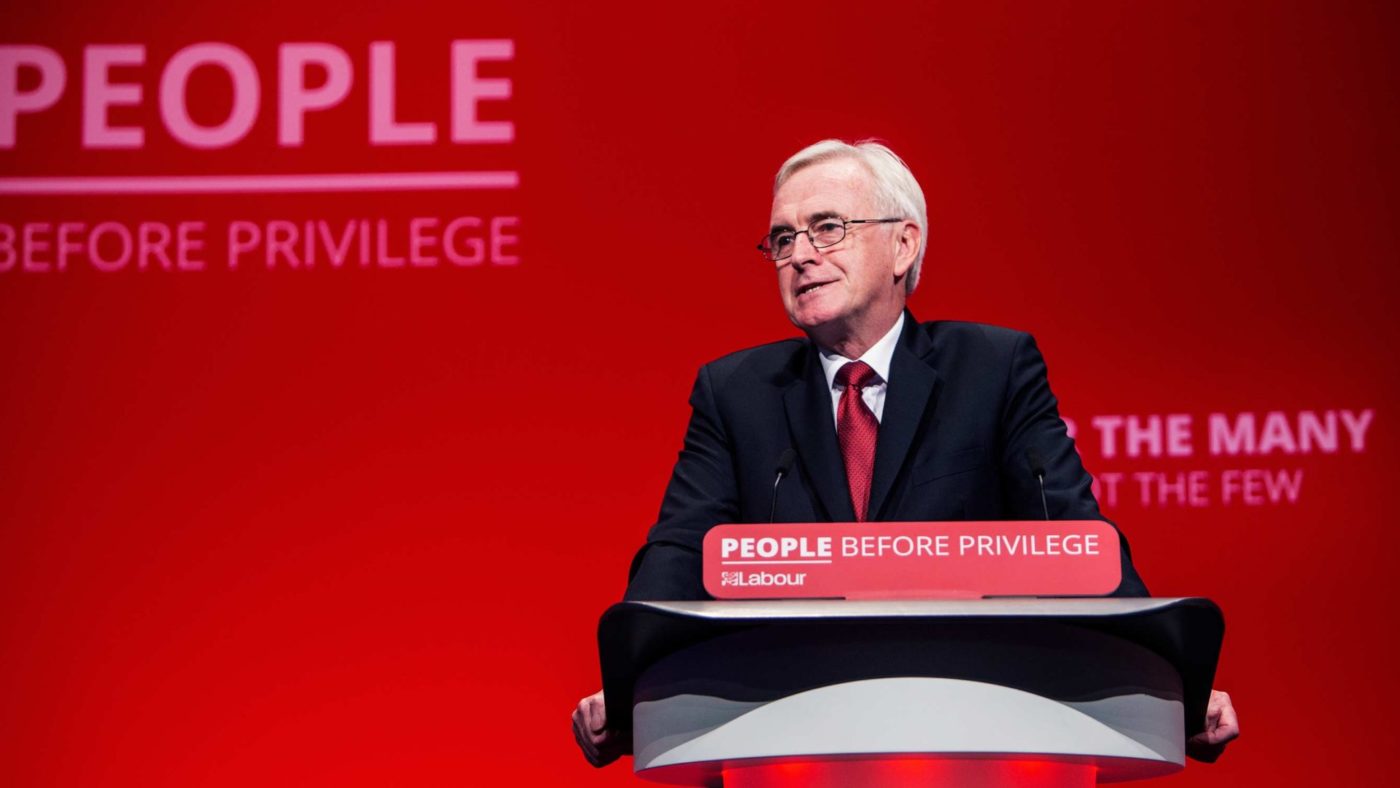It pains me to say it but Tony Blair – and even Gordon Brown – understood reality rather better than the current crop of Labour politicians.
One of the party’s latest ideas is that not only should there be a universal basic income – a good idea in itself – but also universal basic services. Services from housing to health care, transport to education, should all be provided, free at the point of use, by government.
We actually have one of these already in place, it’s called the National Health Service. And in the usual comparisons of rich world health care systems it comes bottom in “mortality amenable to health care”. That is, it’s very fair, equitable, equal access, progressively financed, free-at-the-point-of-use and pretty terrible at actually curing people of what ails them.
Labour’s proposal is therefore that housing and transport should be provided on the same basis. And we’re all starkly aware of how free-at-the-point-of-use and government run education system has people remortgaging so their children can flee it for the private, paid, sector.
The thing that Blair and Brown got largely right is that there is a way to have a high tax and high benefits polity. But it’s not one in which government actually does stuff – other than slicing a larger portion off the top of the capitalist and free market surplus and redistributing it to those in the society with less than equal shares.
This is the Hayekian welfare state. It’s also how the Nordics work – you know those templates we’re all supposed to imprint upon our own society. They are generally more free market and more capitalist than we are, or even the US is. We can note that Sweden’s school system is entirely voucher based, Denmark has for-profit firefighting. They also tax until the eyes water, but largely they’re taking the money from the one to give to the other.
The underlying point is that government provision, rather than government redistribution, faces Hayek’s knowledge problem. A vast centralised bureaucracy isn’t – ever – going to have the information about which houses are needed where, what treatments need to be given, which classrooms should expand, which contract, and the idea of Whitehall knowing how to schedule buses doesn’t pass the giggle test.
Blairism did get this essential point correct. Don’t mess with production, just tax in order to redistribute. If, that is, you want to be doing the redistribution in the first place. Which is where Blairism went wrong of course. For in the medium to long term we’ll improve the lives of the poorer more by being entirely capitalist and free market. A less redistributive society will have a higher growth rate. Growth compounds and so over the years the effect of a percent or two on the growth rate becomes rather larger than that of redistributing 10 or 20% of GDP.
We can actually test this empirically too. We have states out there which are not only very capitalist, but also have very little redistribution – just enough to take minimal care of the unfortunate. They’ve still got health care and education and transport and housing systems, of course. I refer to Hong Kong and Singapore.
Both were, one or two generations back, substantially poorer than the UK. Abjectly poor in fact. They are now both richer than the UK – substantially so. GDP per capita in 2017 was Singapore $57,700, Hong Kong $46,200, UK $39,700. Their growth rates are substantially higher too – the gap is growing, not shrinking.
In fact, the low redistribution rich countries are the only ones that are growing at even the global average – all of the high redistribution states have had growth rates below that global average for decades now. And what is it that will determine the living standards of the poor in 20 and 30 years time? It’s going to be how rich is the economy being lived in, not whether 10 or 20% is sliced off the rich to give to the poor.
It’s better, in the long run, to be leaving markets to beat poverty. But if you really must insist on doing the work now then don’t try to get government to do stuff. Instead, just tax and redistribute the money.
CapX depends on the generosity of its readers. If you value what we do, please consider making a donation.


